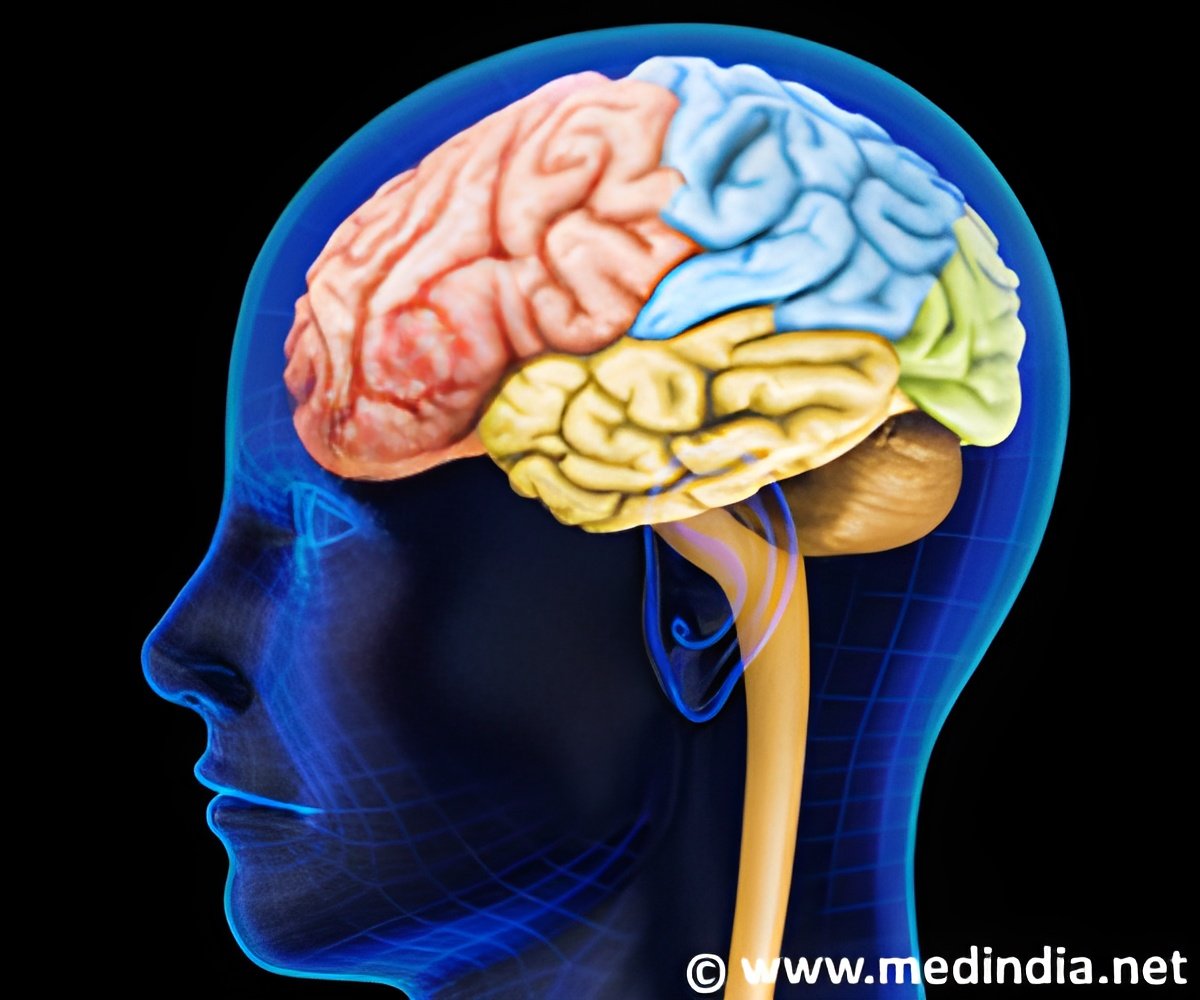
‘The levels of progranulin in blood do not correlate with the levels of progranulin in the cerebrospinal fluid - neither in Alzheimer's disease or in dementia.’
Tweet it Now
In Alzheimer's Disease, for instance, reduced brain levels of progranulin contribute to the specific amyloid disease pathology, while increased levels appear to protect against this pathology. In genetic forms of another type of dementia, namely frontotemporal dementia (FTD), progranulin levels can be reduced. As progranulin can be measured relatively easily in blood, it seemed that a promising new biomarker for types of dementia has now been found. In fact, treatments were proposed to increase progranulin levels, aiming to yield a therapeutic effect for many neurodegenerative diseases. It was suggested to take progranulin in blood as a measure of response for these future treatments.
Carlo Wilke and Matthis Synofzik from the Hertie-Institute for Clinical Brain Research & German Center for Neurodegenerative Diseases (DZNE), Germany, suggested that the progranulin levels around the brain are regulated by different mechanisms than the progranulin levels in the body periphery, e.g. in blood.
These findings shed new light on the understanding of the biological processes underlying neurodegeneration in Alzheimer's Disease and other common neurodegenerative diseases. Moreover, they have important implications for clinical research and practice in these diseases: simply taking a blood sample for progranulin will not tell a lot about what happens to progranulin in the brain.
These results maybe disappointing, at first glance, for researchers and pharmaceutical companies aiming to discover biomarkers and treatment measures but they prevent from working on possibly misleading biomarker and treatment trials. Such trials indeed need to focus, not on blood progranulin, but on central nervous progranulin.
Advertisement












